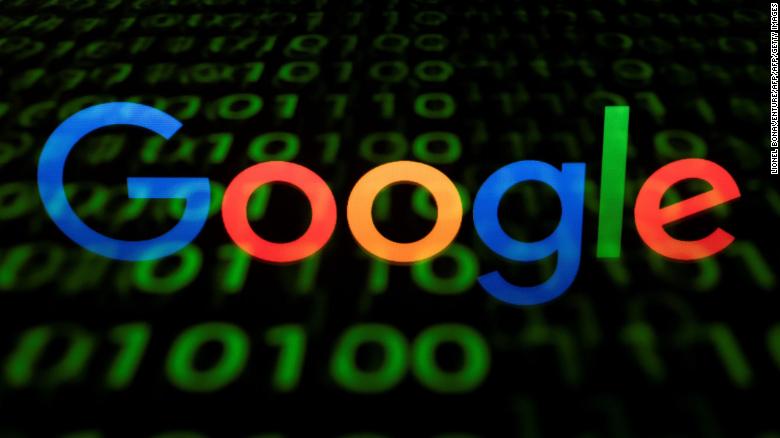
“Don’t give a speech. Put on a show.” — Paul Arden
The best products aren’t the ones that consistently sell or have the most influence. The best writing isn’t necessarily what goes viral. And it doesn’t matter how great of a person you are, if you go on a first date dressed like a slob, you probably won’t get a second date.
Does this make you uncomfortable?
Most people think marketing is devious and ill-motived. Especially when someone is successful, their methods and motivations are heavily scrutinized.
The truth: We are all marketers. We are all selling something, if only ourselves. And if we genuinely believe in what we’re doing, we shouldn’t feel bad about presenting ourselves, our products, and our story in a way that succeeds. Actually, the intention and energy we put into our marketing is a clear reflection of how much we believe in what we’re doing.
Chances are, you’ve taken classes from teachers you loved and teachers you didn’t. How something is presented is just as important as what is presented. Content isn’t enough. It doesn’t matter how great your work or message is; if nobody sees or connects with it, your work is irrelevant.
For instance, there is loads of fantastic and important research being done daily in academia. But most people don’t know about it, and are consequently unaffected by it. The content isn’t accessible or engaging. It’s invisible to us. This is one reason I started to blog. I’m pursuing a PhD in a field where a great academic paper is only read by other academics. However, I feel these ideas are too important to be hidden in the ivory towers.
Similarly, there are droves of frustrated writers and businesses who feel ignored. Rather than taking personal responsibility for how people experience their work, they point the finger of scorn at those who are popular.
Marketing is nothing more than telling a story and teaching. But doing so in a way that emotionally connects and transforms. The more authentic and relevant, the better.
But most people aren’t willing to go there.
Most people aren’t confident enough in themselves or their products to be vulnerable, bold, and authentic. But that’s what it takes to capture and hold people’s attention in this increasingly noisy world.
Do you care enough to go there? If you don’t, that’s okay! But rather than angrily looking outward, own-up to yourself that you don’t want to play that game. And you’re okay with the consequences of that.
Growth Hacking And Smartcuts
“When you crave the end result, the hard work becomes irrelevant.” — Tim Grover
When Shane Snow, author of Smartcuts: How Hackers, Innovators, and Icons Accelerate Success, began journalism school, his dream was to write for Wired magazine. He pitched them an article and was promptly rejected. “Try in a few years after you’ve gotten some experience,” they told him.
In response, Snow asked himself, “What would the minimum required credibility for this be? Probably it’s writing for a magazine that’s slightly smaller or maybe one that’s just as big, but one step over.”
He started writing for tiny blogs, wrote a few stories, and then pitched the next blog up and wrote a few stories and pitched the next blog up and so on. After each successive step forward, Snow leveraged his new position by re-branding and re-marketing himself.
Six months later, he was published at Wired, Fast Company, Mashable, and others. His message was the same but now being heard by the audience and on the platform he wanted.
According to Dr. Robert Cialdini, author of Influence: The Psychology of Persuasion, influence comes from being in a position of authority as well as what psychologists call the mere exposure effect — the more someone sees you, the more they’ll like you.
Everyone Is A Brand: It Should Be Done Intentionally
“Personal branding is becoming more and more important and relevant. Why does that matter to you? Well, as a consumer, who do you trust more? The company with zero online presence, or the company with a verifiable, credible online presence? If you’re anything like the millions (or is it billions??) of people searching for stuff on the internet, you’re going to go with the company that has a strong presence online. The irony of today’s day and age is that virtual reality (online presence) is what we use to confirm actual reality (physical presence/competence).” — Richie Norton
In the internet-age, everyone is a brand. You are a brand. Sometimes this is a frustrating reality. Indeed, most of us are not interested in self-promotion and being commoditized. But we can’t get around it.
Résumés are dead. If someone wants to know about you, date you, or hire you, all they have to do is google you. What will they find?
They’ll see the burrito you posted on Facebook. What else will they see?
In order to take advantage of the incredible opportunities for success the internet provides, you’ll need to become okay with, and then great at marketing. When you do, you’ll get fantastic opportunities — whether that’s getting into your dream school, landing a top client, or getting published on top-tier outlets. Most importantly, you’ll be able to serve in a way you want.
When someone looks you up on google, what will they see?
What do you want them to see? Market and brand accordingly.
Connect Deeper
If you resonated with this article, please sign up for my free newsletter. When you do, you’ll get a free copy of my eBook, Slipstream Time Hacking.
Author: Benjamin P. Hardy
Husband, father of 3 epic foster kids, & pursuing PhD in I/O Psychology. Thanks for reading! Get my free eBook at www.benjaminhardy.com/
Article originally appeared on Medium








